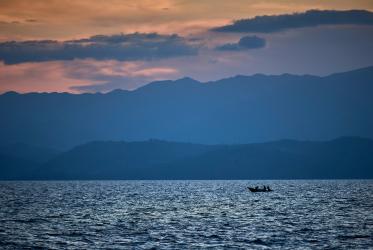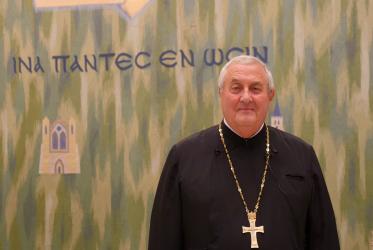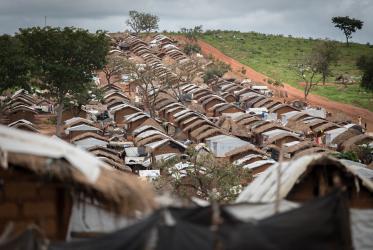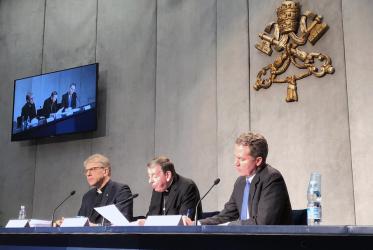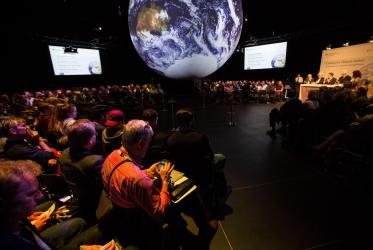Displaying 1 - 20 of 37
As floods rage in eastern Africa, church acts to save the people
22 November 2023
Defending the ‘blue soul of life’
08 April 2021
Greenland’s grand Gospel preacher
07 February 2020
A humble servant in God’s herd
10 July 2019
“There are no spare parts for whales”
13 June 2019
G7 must address famine
22 May 2017

